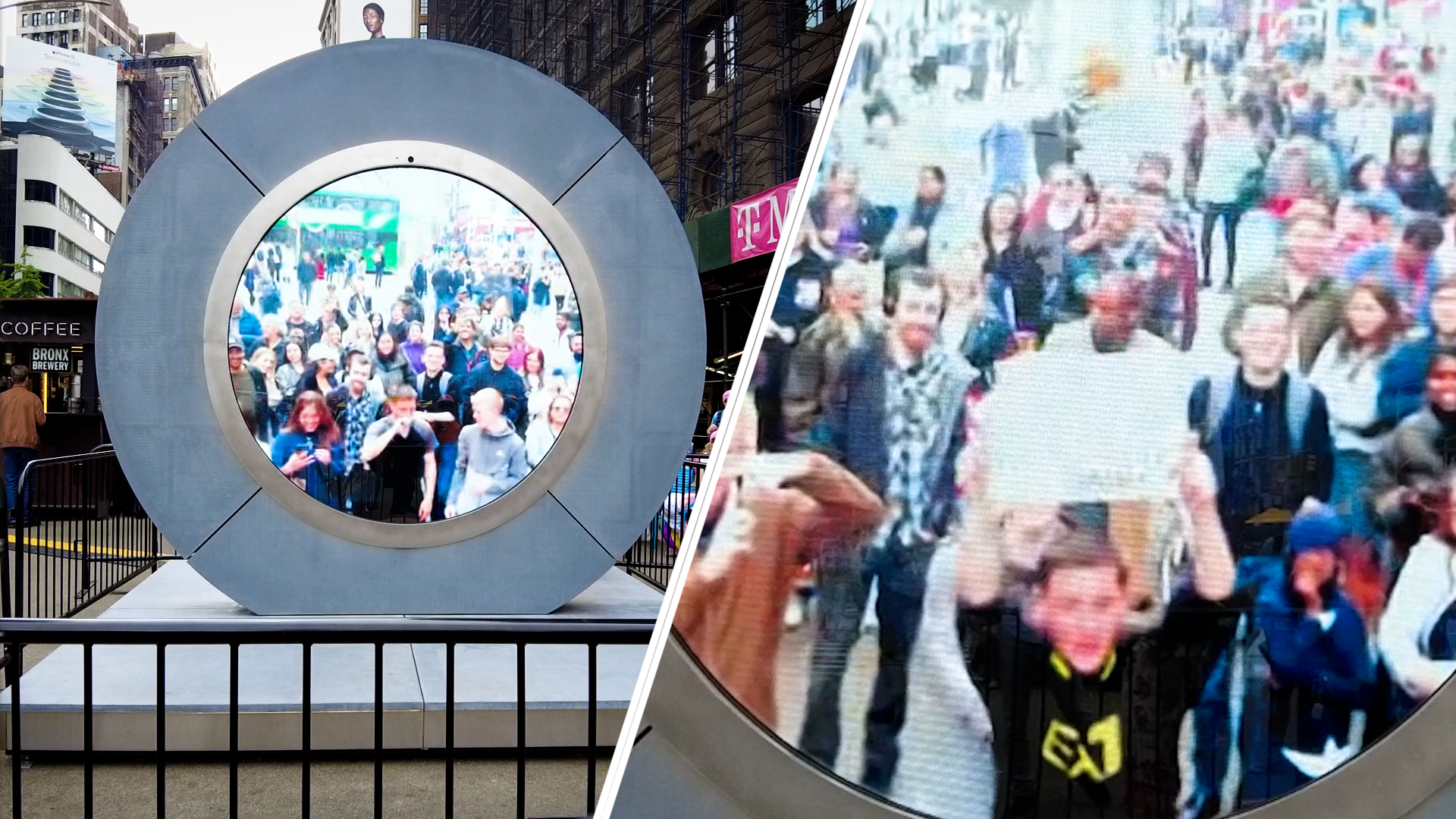New York has received a critical federal approval for its first-in-the-nation plan to charge big tolls to drive into the most visited parts of Manhattan, part of an effort to reduce traffic, improve air quality and raise funds for the city's public transit system.
The program could begin as soon as the spring of 2024, bringing New York City into line with places like London, Singapore, and Stockholm that have implemented similar tolling programs for highly congested business districts.
Under one of several tolling scenarios under consideration, drivers could be charged as much as $23 a day to enter Manhattan south of 60th Street, with the exact amount still to be decided by the Metropolitan Transportation Authority, which is overseeing the long-stalled plan.
The congestion pricing plan cleared its final federal hurdle after getting approved by the Federal Highway Administration, a spokesperson for New York Gov. Kathy Hochul said on Monday.
“With the green light from the federal government, we look forward to moving ahead with the implementation of this program,” Hochul, a Democrat, said in a statement following the federal announcement.
"It is chaos. Think about the pedestrians...it is dangerous for them," Hochul said during a press conference related to the matter Tuesday. But all this concentrated activity, the vehicles sitting there idling because they cannot move. There are buses that are not moving. It's also creating all this exhaust and emissions that people are breathing...We're more cognizant of what is going into our lungs these days as we are experiencing the effects of the wildfires in Canada. What about the wildfires that are happening on our own streets right here coming out of the exhaust pipes of all these vehicles?"
Get Tri-state area news and weather forecasts to your inbox. Sign up for NBC New York newsletters.
Hochul said the state and MTA will "get this right" by taking their time and putting the message out to educate people on congestion pricing.
News
MTA Chair and CEO Janno Lieber said at the joint press conference with Hochul that congestion pricing will mean "less traffic, better transit, cleaner air and safer streets," saying it was a cause for celebration.
"We have a path away from conditions that really threaten our viability," Lieber said.
U.S. Representative Ritchie Torres (NY-15) said there are many benefits to congestion pricing.
"Congestion pricing would lead to as much a 20% reduction in the number of vehicles entering the Center Business District," Torres said. "Less congestion, less pollution, fewer greenhouse gas emissions. It would improve public health and combat climate change. It's a win for equity because it will benefit the lowest income communities of color. It's going to benefit our essential workers."
People headed into Manhattan already pay big tolls to use many of the bridges and tunnels connecting across the Hudson, East and Harlem Rivers. The special tolls for the southern half of Manhattan would come on top of those existing charges.
The new tolls are expected to generate another $1 billion yearly, which would be used to finance borrowing to upgrade the subway, bus and commuter rail systems operated by the MTA.
The state Legislature approved a conceptual plan for congestion pricing back in 2019, but the coronavirus pandemic combined with a lack of guidance from federal regulators stalled the project.
The plan has been sharply opposed by officials in New Jersey, where people bound for Manhattan by car could see costs of commuting skyrocket. Taxi and car service drivers have also objected, saying it would make fares unaffordable. Some MTA proposals have included caps on tolls for taxis and other for-hire vehicles.



